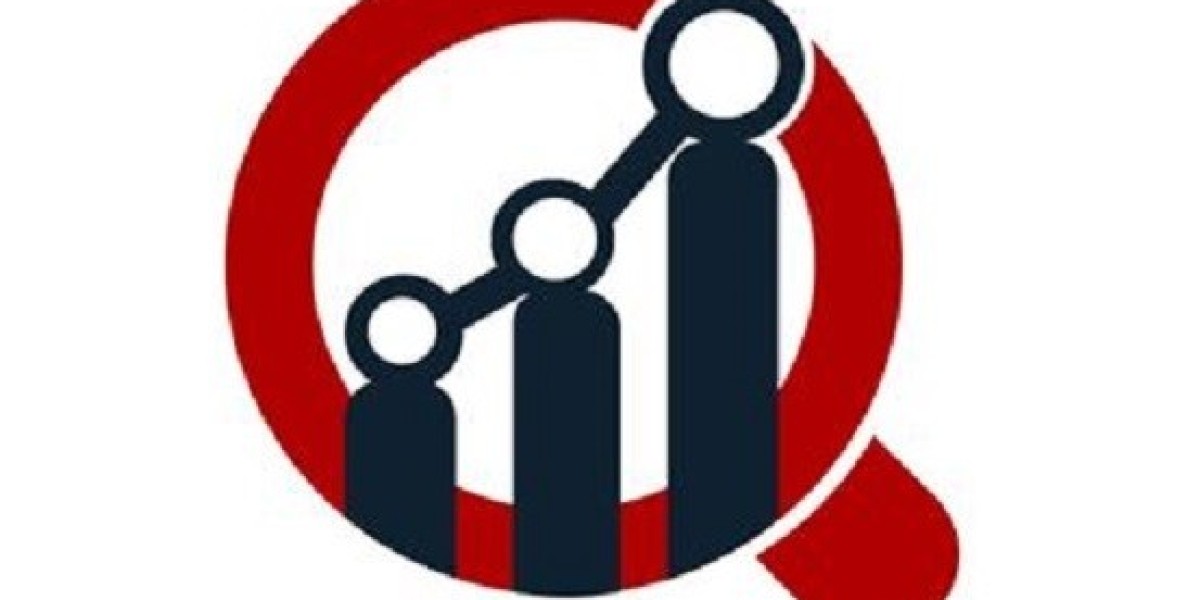US Digital Mental Health Market Data Highlights Growth Dynamics
The growing body of US Digital Mental Health Market data is offering valuable insights into consumer behavior, technology adoption, and treatment outcomes. Accurate data collection and analysis have become crucial for stakeholders, including policymakers, providers, and investors, to make informed decisions. Digital platforms track patient engagement, therapy completion rates, satisfaction levels, and clinical improvements, creating a vast pool of measurable indicators. This wealth of US Digital Mental Health Market Data enables providers to enhance treatment strategies and customize care pathways. Moreover, investors are using this information to identify growth trends and forecast long-term industry performance. As mental health becomes a mainstream healthcare priority, robust data systems ensure accountability, transparency, and trust between providers and users.
However, collecting, managing, and securing this data comes with challenges. Privacy concerns and regulatory requirements require companies to build high-security infrastructure, ensuring compliance with HIPAA and other standards. At the same time, data analytics tools are being refined to provide predictive insights into patient risks, relapse probabilities, and effective intervention timing. The ability to leverage real-time data helps healthcare professionals intervene before issues escalate. Additionally, aggregated data from various platforms paints a comprehensive picture of population-level trends, which can inform government policies and corporate strategies. With growing demand for evidence-based solutions, US Digital Mental Health Market data will continue to drive product development, patient engagement, and strategic investments. Ultimately, better data utilization means improved mental health outcomes for individuals and healthier communities nationwide.
FAQs
Q1: Why is market data important in digital mental health?
A1: It helps providers, investors, and policymakers understand performance, adoption, and areas needing improvement.
Q2: How is data improving patient care?
A2: By providing real-time insights that allow timely interventions, personalized therapy, and predictive treatment planning.
Q3: What are the main challenges in handling market data?
A3: Data privacy, cybersecurity, and ensuring compliance with healthcare regulations.







